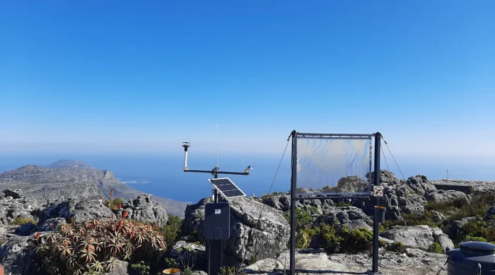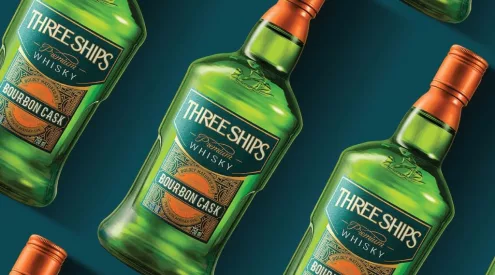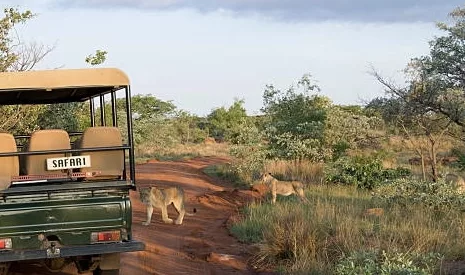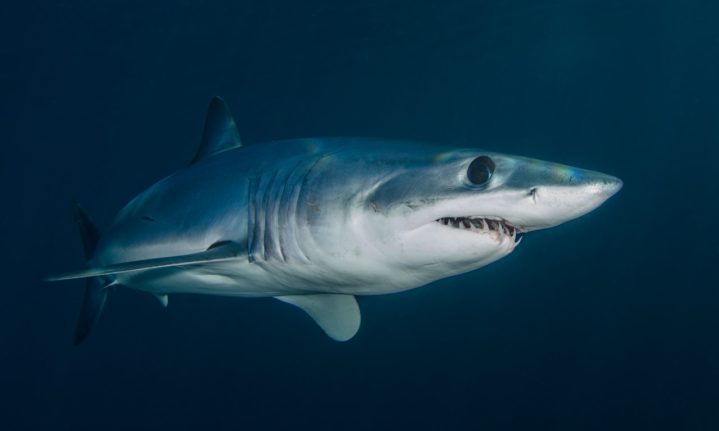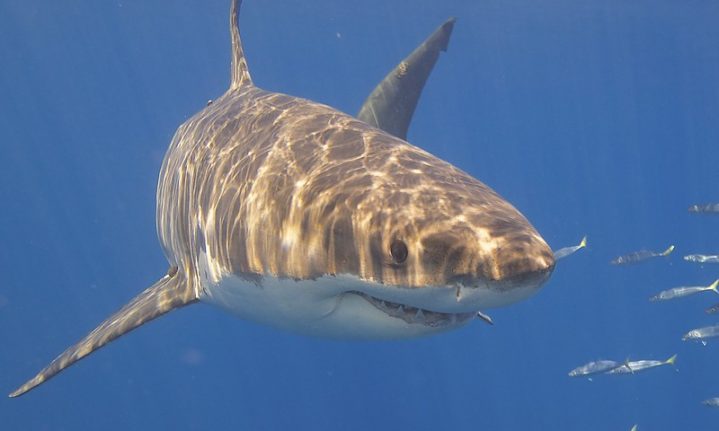The National Sea Rescue Institute (NSRI), marine authorities and local municipalities have issued a warning for increased inshore shark activity along the southern Cape and Eastern Cape coastlines.
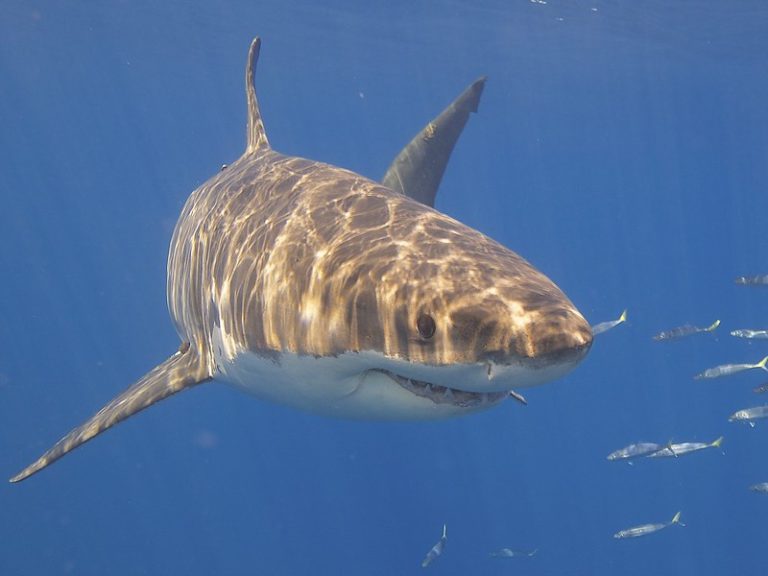
Great white shark
Inshore shark activity has notably increased on the coastline from Mossel Bay to Plettenberg Bay and from Storms River to Jeffreys Bay. Most recently at Jeffreys Bay, a large shark was spotted at Secrets Beach in the breaking surf line but surfers managed to clear the water without incident. Surfers, body and kiteboarders, paddlers, and bathers are advised to exercise extreme caution in these areas.
Shark bites are very rare but should an incident occur, immediate first aid is crucial. Most coastal NSRI stations have specialised shark bite kits as well as personnel specifically trained for these instances. Kits that are not at NSRI bases are positioned in clearly visible places where they can be accessed quickly.
It is important to know that great white sharks, which have been portrayed as vicious killers in the past, are not naturally inclined to attack humans. Research shows that great white numbers have been declining in recent years and there is a need for their continued conservation. South Africa was the first country in the world to officially list the great white as a protected species in 1991 and illegal to catch.
In the case of a shark bite incident, coastal users must call the local NSRI emergency number found in the specialised kits. From there, emergency medical services protocol will be activated. Those on the scene can use the kit to apply immediate first aid until further help arrives.
Picture: Elias Levy/Flickr Commons
ALSO READ




